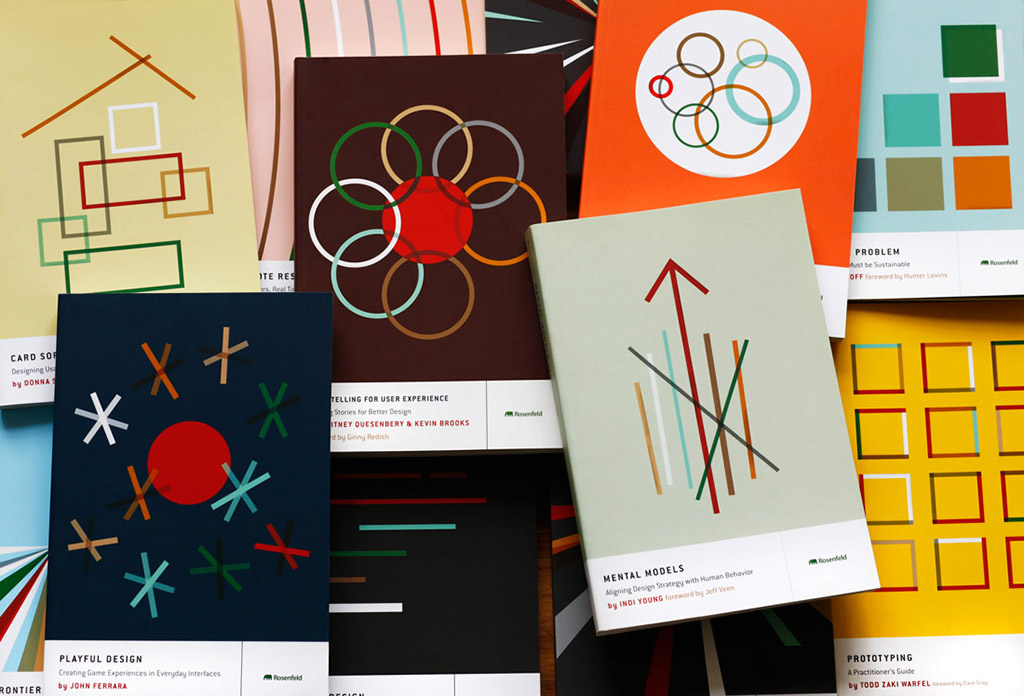
Friday 23 May 2014
Fluxible supporter Rosenfeld Media talks trends and tips

It has been said that outside of a dog, a book is man's best friend. (Inside of a dog of course, it's too dark to read — but we digress.) So, when we got word that Rosenfeld Media was a sponsor again this year, we were as giddy as Gutenberg. Founded by Louis Rosenfeld, this publishing house is behind some of the most notable books and webinars on user experience design.
Remember the awesomely sketchy Leah Buhley? Well, Rosenfeld Media is behind her book, User Experience Team of One. Recall Steve Portigal and his intense staring-contest interview workshop from last year's line-up? Yup, you guessed it: they published his Interviewing Users too! And we'd be remiss if we didn't mention Todd Zaki Warfel (Prototyping) and Whitney Quesenbery (A Web For Everyone and Storytelling for User Experience), both of whom spoke at our 2012 edition. Finally, look for the forthcoming book Practical Empathy by one of this year's speakers, Indi Young (who previously authored Mental Models).
Phew!
In a nutshell, this small but mighty shop puts out the best of the best when it comes to UX learning material.
We got to sit down with the man himself to talk about what's hot in UX right now. And if fancy yourself a bit of an writer, Lou also offered some advice for budding authors.
Q: Your books are on very current and edgy topics. What are some of the emerging UX trends you see?
A: The most important trend is that, as a field, we're growing up. Many UX people have moved into new, more senior roles—building and leading teams, creating startups, and managing products. They need books on "soft skills," like negotiation, business modeling, and management.
So, while we'll continue publishing nuts and bolts books to equip practitioners, we're expanding our editorial reach to the intersection of design and business strategy.
Fun bonus bit: Read more about how Rosenfeld Media plans to help as the UX industry changes all industry.
Q: What tips you might share with budding authors on what makes for great writing when it comes to the UX space?
A: The most important is to remember your role is as a guide to an experience that will last many hours (and a couple hundred pages) for your readers.
Your first chapter should be, ideally, an exercise in first-hand storytelling. Right away, it should show (rather than tell) your topic in a manner that follows the standard story arc—readers will empathize with your initial pain and, when they learn about your salvation, will want to keep reading.
This type of storytelling is a great way to establish your authority, but—equally important—your empathy with reader, and make them want to join you for the long ride ahead.
Thanks, Louis. We are so grateful to have snagged some of your time and to have your support again this year!